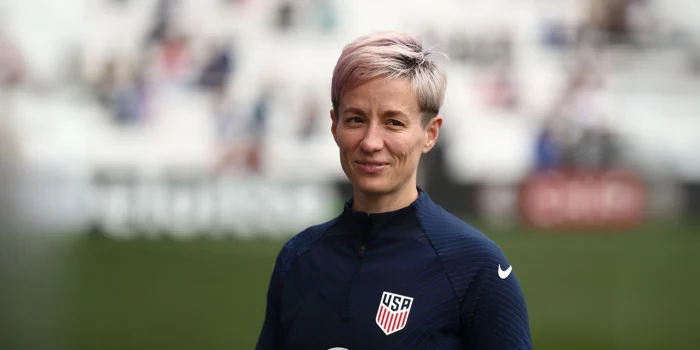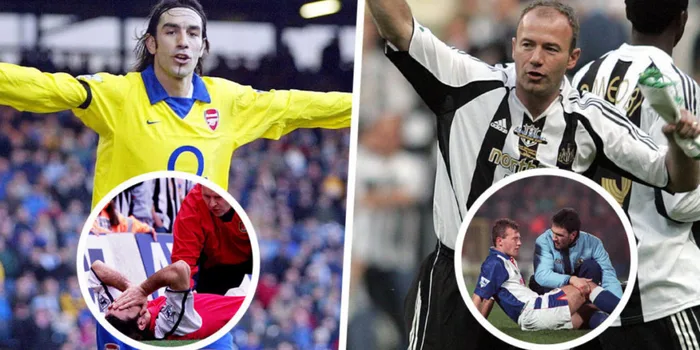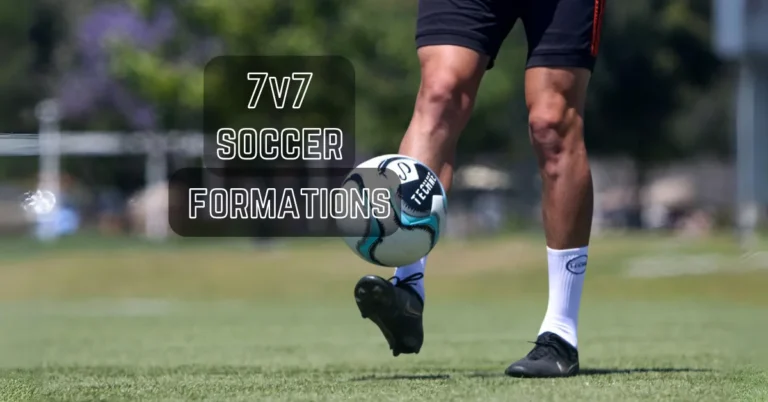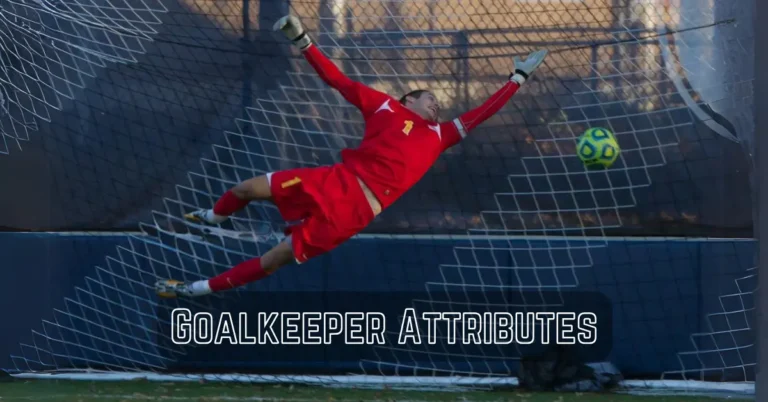At What Age Do Soccer Players Retire? Reasons Of Retirement
Soccer, often called the world’s most popular sport, is known for showcasing extraordinary talent and skill on the field. However, like all professional athletes, soccer players face the inevitable retirement question. So, at what age do soccer players retire from the game?
At What Age Do Soccer Players Retire?

The average retirement age of a soccer player varies, but it typically falls in the range of late 30s to early 40s. Many factors contribute to the retirement age, including the player’s physical condition, injury history, and personal preferences.
Average Retirement Age by Positions
| Position | Avg Age Of Retirement |
|---|---|
| Goalkeeper | 40 Years |
| Defender | 35 Years |
| Midfielder | 33 Years |
| Forward | 32 Years |
Some players may retire earlier due to injuries or a decline in performance, while others may continue playing at a high level well into their 30s. Additionally, players who start their professional careers at a younger age may retire earlier than those who begin later.
At What Age Do Female Soccer Players Retire?

Female soccer players, like their male counterparts, face similar challenges regarding career longevity. However, the retirement age for women in soccer can be slightly earlier, often ranging from 30 to 35 years old. This variance may be attributed to factors such as the development of the women’s game and differences in physical demands compared to men’s soccer.
See Also Futsal Vs Indoor Soccer
Reasons for the Retirement

Soccer players retire for various reasons, and the decision is often influenced by a combination of factors. Some common reasons for the retirement of soccer players include:
Age and Physical Decline
As players age, their physical abilities may decline. The demands of professional soccer, including rigorous training, competitive matches, and recovery requirements, can become more challenging for older players.
Injuries
Persistent or recurring injuries can significantly impact a player’s performance and ability to continue playing at a high level. Some players may choose to retire if they find it difficult to recover from injuries or if they want to prioritize their long-term health.
Other Reasons
- Soccer’s demands result in injuries and strain, prompting retirement due to physical toll.
- Aging affects speed and agility, leading to retirement when peak performance wanes.
- High-profile career pressure contributes to mental and emotional fatigue, prompting retirement.
- Maturing players prioritize family or personal interests, choosing retirement for a balanced life.
- Seeking personal growth, players retire to explore coaching, management, or non-soccer opportunities.
- Waning joy in playing leads to retirement, despite a lifelong love for soccer.
- Financial stability or new opportunities influence retirement decisions for some players.
- Retirement opens doors to coaching, mentoring, or administrative roles within soccer.
- Worries about concussions or chronic conditions drive retirement for long-term well-being.
See Also Common Knee Injuries From Soccer
Reasons for Early Retirement in Soccer

Early retirement in soccer can occur for various reasons, often cutting short a player’s career before reaching the typical retirement age. Some common factors contributing to early retirement in soccer include:
Health Concerns
Beyond injuries, players may face health issues that compromise their overall well-being. This can include conditions unrelated to specific injuries, such as cardiovascular problems, chronic illnesses, or mental health challenges.
Loss of Form or Performance Decline
Soccer is highly competitive, and players facing a decline in form or a significant drop in performance may choose early retirement to preserve their legacy rather than risk diminishing their reputation through prolonged struggles on the field.
Personal or Family Priorities
Life events, such as starting a family or prioritizing personal commitments, can influence a player’s decision to retire early. The demanding schedule of professional soccer may conflict with their desire to be present for significant personal milestones.
Injuries

Serious or recurrent injuries, especially those affecting crucial body parts like knees or ankles, can force players to retire early. The physical demands of the sport make players susceptible to injuries that may hinder their ability to perform at the highest level.
Financial Considerations
While financial stability is a reason for some players to continue their careers, financial difficulties or uncertainties can also prompt early retirement. Players facing financial challenges may choose to retire early to explore alternative career paths or business opportunities.
Global Events or Unforeseen Circumstances
Unpredictable events, such as a global pandemic, can impact the soccer industry. Changes in the structure of competitions, financial instability within clubs, or unexpected challenges may influence players to retire earlier than planned.
See Also Ectomorph Soccer Players
Soccer Players Who Retired Too Early

Here are some soccer players who retired early.
| # | Player | Age of Retirement | Country |
|---|---|---|---|
| 1. | Marco van Basten | 28 | Netherlands |
| 2. | Eric Cantona | 30 | France |
| 3. | Abou Diaby | 32 | France |
| 4. | Michael Owen | 33 | England |
| 5. | Luc Nilis | 33 | Belgium |
| 6. | David Bentley | 29 | England |
What Do Footballers Do After Retirement?

Life after retirement presents a new chapter for soccer players. Many transition into coaching, punditry, or management roles within the sport. Some pursue business ventures, while others engage in philanthropy or work in media and entertainment.
Education and pursuing further qualifications are also common paths for players looking to broaden their horizons beyond the pitch.
Do Footballers Get Paid When They Retire?
The financial aspect of retirement is a critical consideration for players. Contractual agreements and pension plans vary, but it’s common for players to receive some form of payment post-retirement. The financial security provided by these arrangements helps ease the transition into life after soccer.
FAQs
Footballers typically retire between the ages of 35 and 40, although individual variations exist.
The age at which a person stops playing soccer varies; it can range from the early 20s to late 30s or beyond, depending on individual circumstances.
The average age of a retired football player is around 35 to 40 years old, taking into account the diverse career spans of players.
Zinedine Zidane retired from professional football at the age of 34, citing fatigue and the desire to explore other opportunities as reasons for his early retirement.
Conclusion
The retirement age for soccer players is influenced by a myriad of factors, making each player’s journey unique. From the physical demands of the game to individual career choices, the path to retirement varies. As players bid farewell to the pitch, they embark on new adventures, contributing to the sport’s legacy in different capacities. The soccer world continues to witness the evolution of careers, with players navigating the transition from the spotlight to life beyond the beautiful game.







